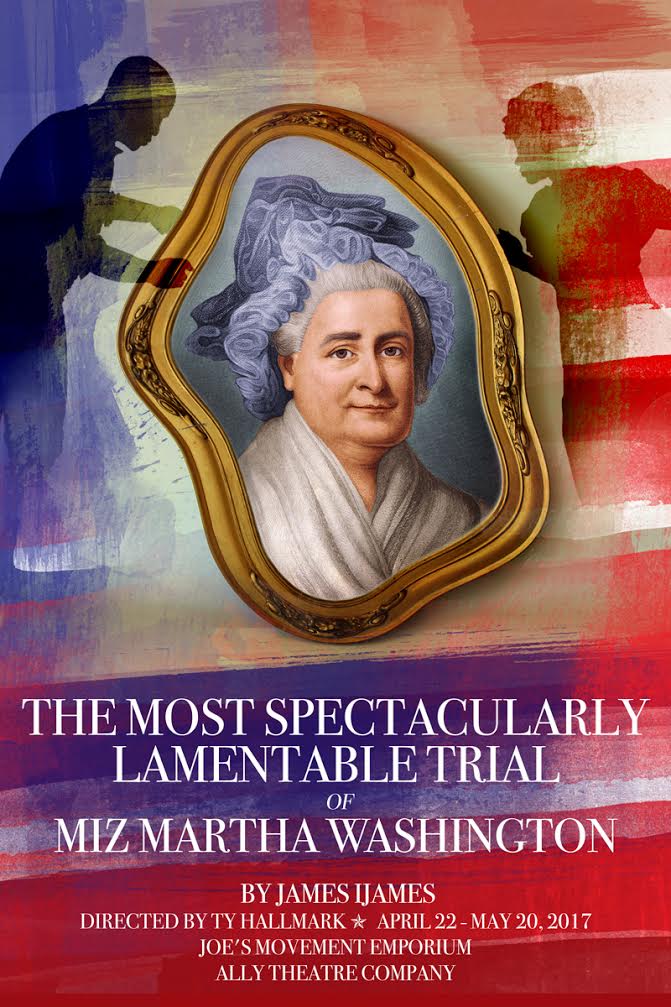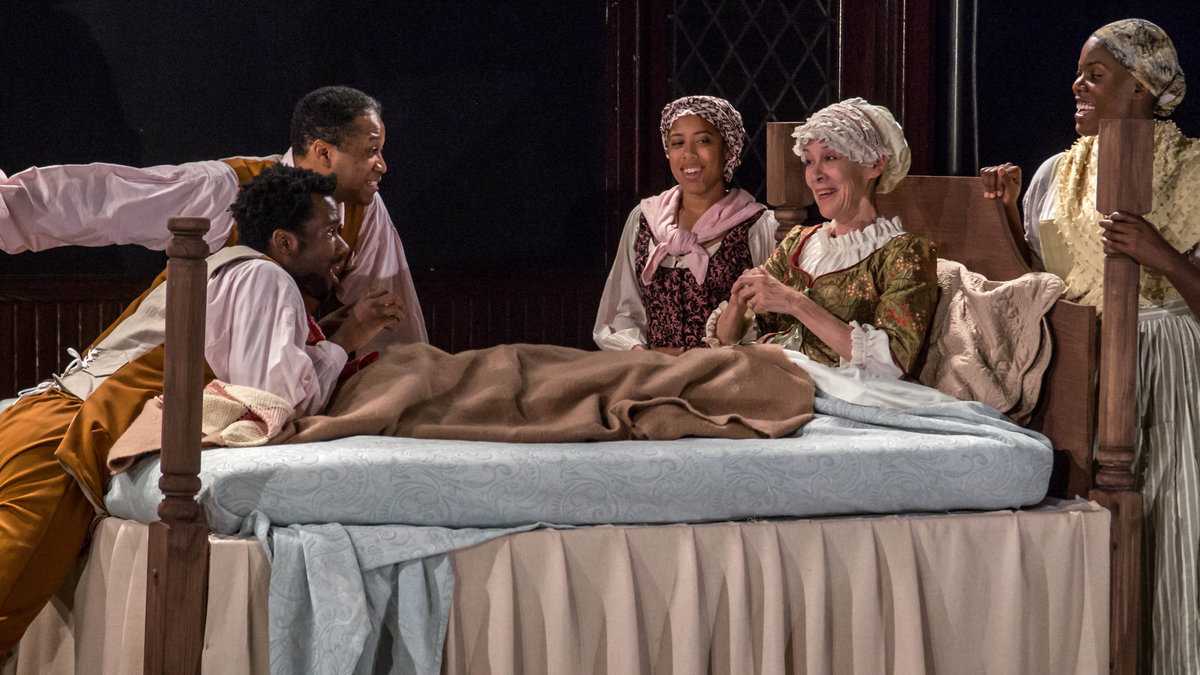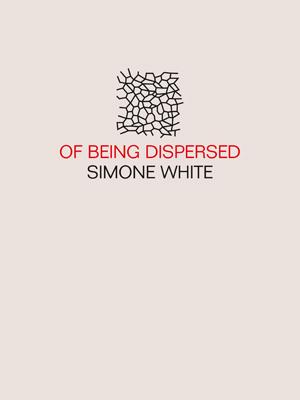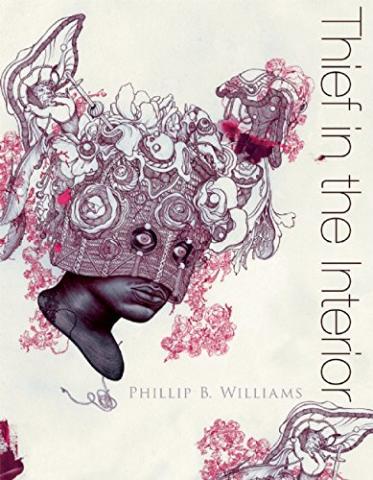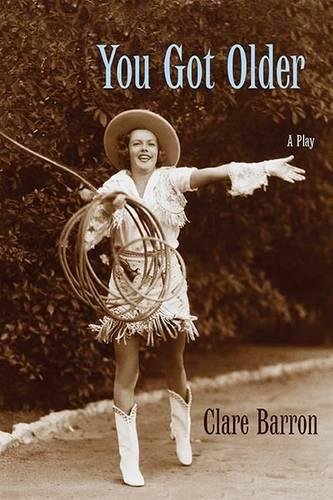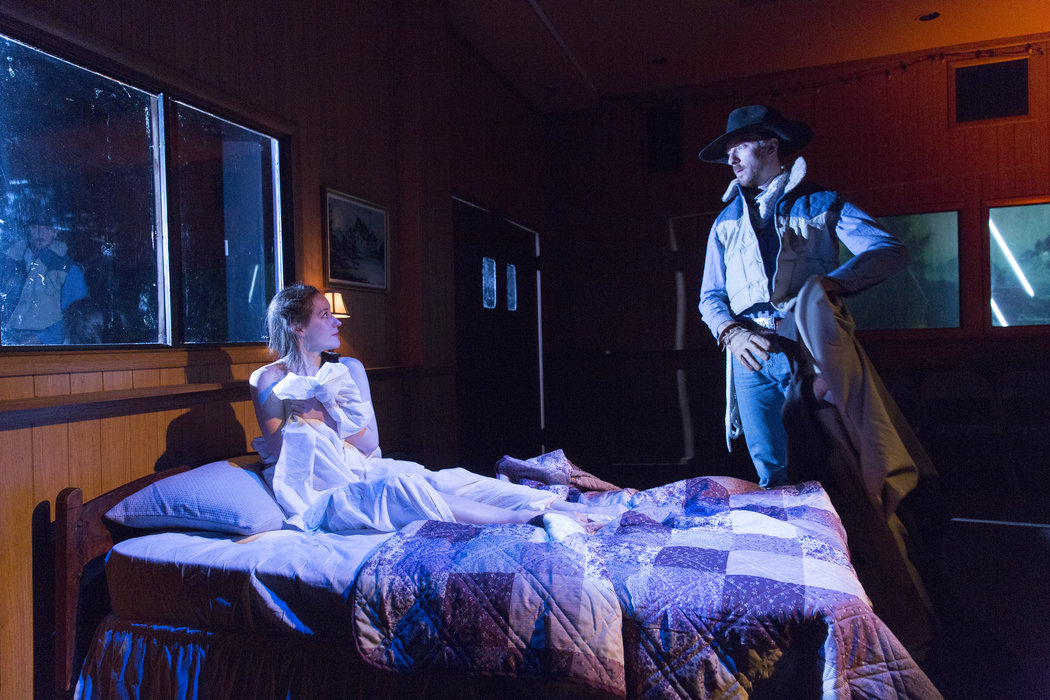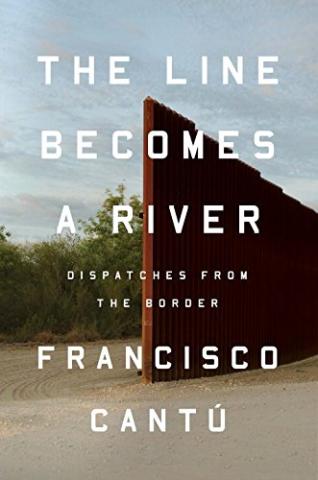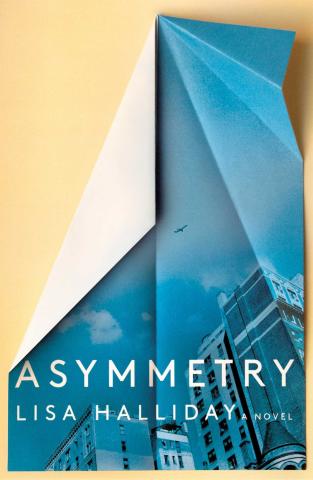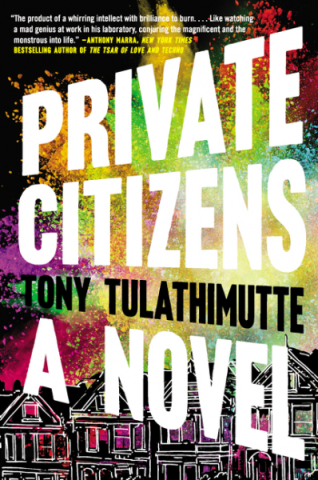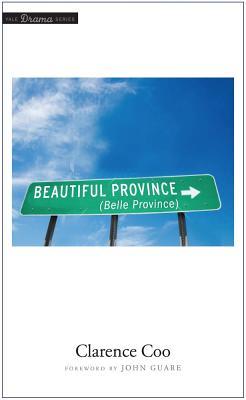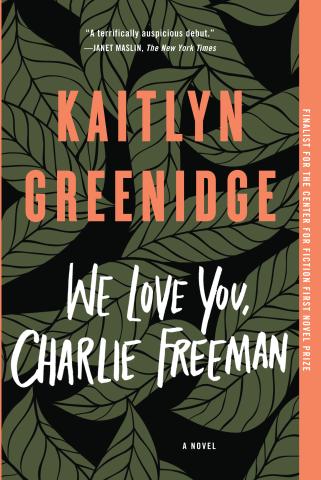The recently-widowed “Mother of America” lies helpless in her Mount Vernon bed, ravaged by illness and cared for by the very slaves that are free the moment she dies. The fever dream of terrifying theatricality that follows investigates everything from Martha Washington’s family to her historical legacy.
Cast: Aaron Bell, Nancy Boykin, Taysha Canales, Darryl Gene Daughtry, Melanye Finnister, Jaylene Clark Owens, and Steven Wright; Director: Edward Sobel
Cast: Tai Alexander, Tanya Chattman, Taunya Ferguson, Jonathan Miot, Jane Petkofsky, Reginald Richard, and Nate Shelton; Director: Ty Hallmark
